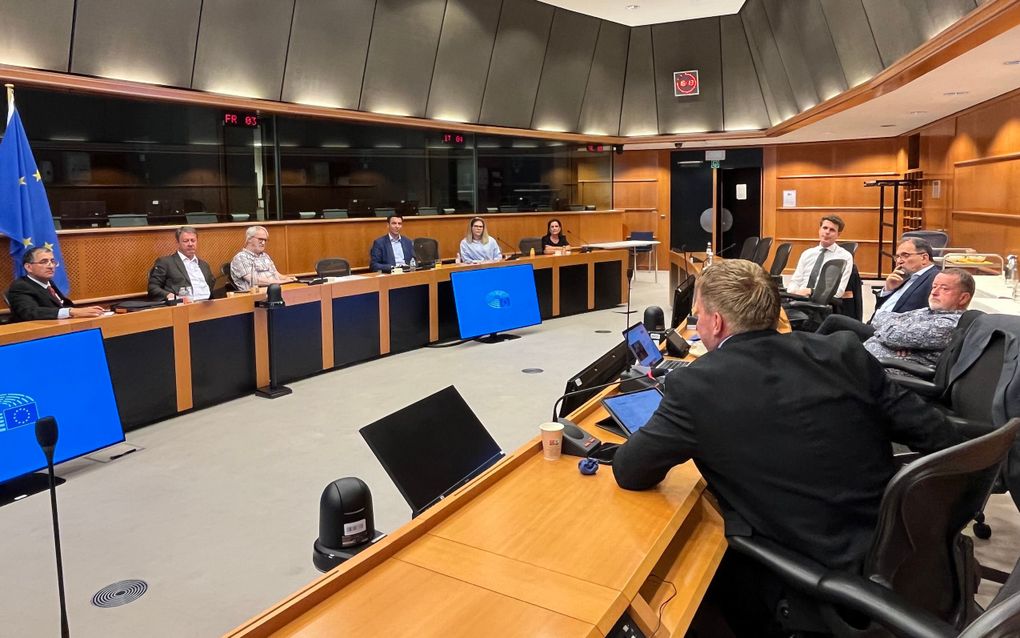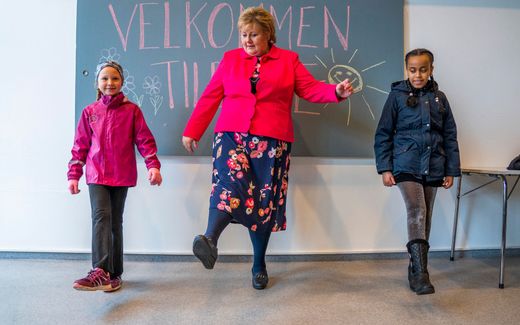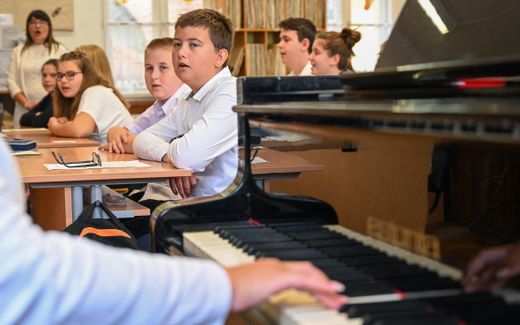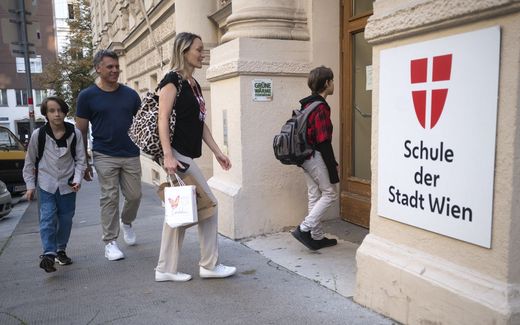Purple Friday at school is difficult to question without being blamed as intolerant

The Brussels Consideration this week in the European Parliament. Photo CNE, Evert van Vlastuin
European Union
What can you do if your children’s school celebrates Purple Friday and expects your kids to participate? The answer may differ from country to country.
Dr Georgia du Plessis works for ADF Brussels in Belgium and has seen an increase in cases about this dilemma. She spoke about this for a meeting of the Brussels Considerations, a group of representatives of Christian schools in Europe.
Pride month is about sexual diversity and is celebrated at many schools. In Belgium, it might be problematic to keep your children at home if not granted an accommodation from the school. “Due to the duty to attend school, it is often difficult for parents to find avenues to keep their children from school on such days.”
From a human rights point of view, the answer is reasonable accommodation, Du Plessis says. Problem is that it is not always clear what this means and in whose interest that is.
Du Plessis says that the pressure on parents to let their children attend “pride month” celebrations at schools is growing in Belgium. One of the conclusions she draws from this is that “the whole culture is infused with LGBT thinking that all doubt about it is received as intolerance”, she said amid Christian school leaders from other European countries on Wednesday morning. “It is such a strong framework so that it is no longer questioned. It is a worldview on its own.”
The participants also discussed the legal options for demanding (complete) state funding for Christian schools in Europe since human rights treaties point to the parents, who are the primary educators of their children.
Although parents have the right to educate their children in line with their own convictions, international law does not necessarily place an obligation upon states to fund such schools created by parents. Du Plessis also questioned whether “such funding will not embolden the state to limit the religious freedom rights of private schools”.
Disturbing
On Monday afternoon, the group visited a local school, Les Tournesols, in Brussels. This school started in 1996 as an Evangelical Primary and Kindergarten. The secondary section opened in 2008. At the moment, it teaches 350 pupils between 2,5 and 16 years.
The legal space for a Protestant school as this is somehow vague. On the one hand, the school is entirely legal. On the other hand, the government says there will be no room for a new secondary school of this type.
Finances for the school come from the state. “For the building, we rely on external support from the Christian community”, the principal Bernhard Braker says.
The biggest problem at the moment is getting enough Christian teachers who agree with our educational project. “We pray intensely for that.”

Like schools in other European countries, Les Tournesols have to teach sexual diversity and democratic citizenship as well. “For us, it is not clear what the meaning of the classes about citizenship is. When these new courses arrived, most news outlets called them the “cours de rien” (course about nothing)”, Braker says.
Regarding sexual diversity, the school once had teaching experts present at the school, who taught the pupils without the teacher being in the class. “We don’t know what they taught, but we know that the children found it very disturbing.”
One of our main challenges for the future will be to abide by government regulations whilst maintaining our Christian values.
Related Articles








